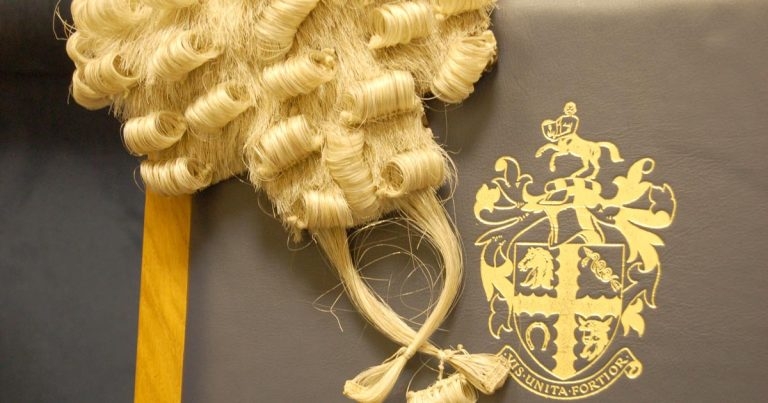8 Jun 2020
Royal college announces it will consult the profession on plans to drop criminal standard of proof in disciplinary cases.

Image © RCVS
The RCVS has announced it will consult on controversial changes that could see a lesser standard of proof applied in its disciplinary process.
At its first meeting since the coronavirus lockdown began (4 June), RCVS council voted to consult with the profession on changes, it said, were developed with the aim of “making our system more compassionate and modern, while maintaining public protection at its heart”.
Council members were asked to decide on how to proceed with three specific proposals on reforming the disciplinary system.
These had come out of the discussions held by the Legislation Working Party (LWP); but, unlike the majority of the recommendations made in the LWP report, which was also presented at the meeting, they do not require new primary legislation, so were discussed and decided on separately.
The proposals were:
RCVS registrar Eleanor Ferguson said: “The RCVS is now one of just a few regulators that still uses the criminal standard of proof in determining the facts of a case.
“We have sought these changes as part of our ongoing aim to develop a compassionate and forward-looking disciplinary system with the protection of the public absolutely at its heart, while also acknowledging the huge toll the process takes on the mental health of veterinary professionals.”
Ms Ferguson continued: “Research that we carried out into the impact of changing the standard of proof indicated that it would not lead to a major increase in cases being referred from the preliminary investigation committee to the disciplinary committee.
“Importantly, the number is likely to be very low because the standard of proof only applies to proving the facts of a case; the judgement as to whether proven facts amount to serious professional misconduct will follow the same process as at present.”
The consultation on whether to change the standard of proof, as well as to introduce the charter case protocol and “mini-preliminary investigation committees”, is planned for later this year.
Further information about the proposals, including some of the arguments for and against changing the standard of proof, can be found in the papers for RCVS council.